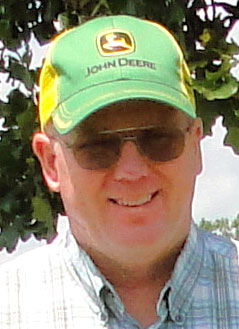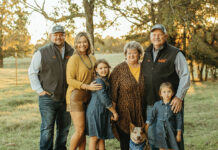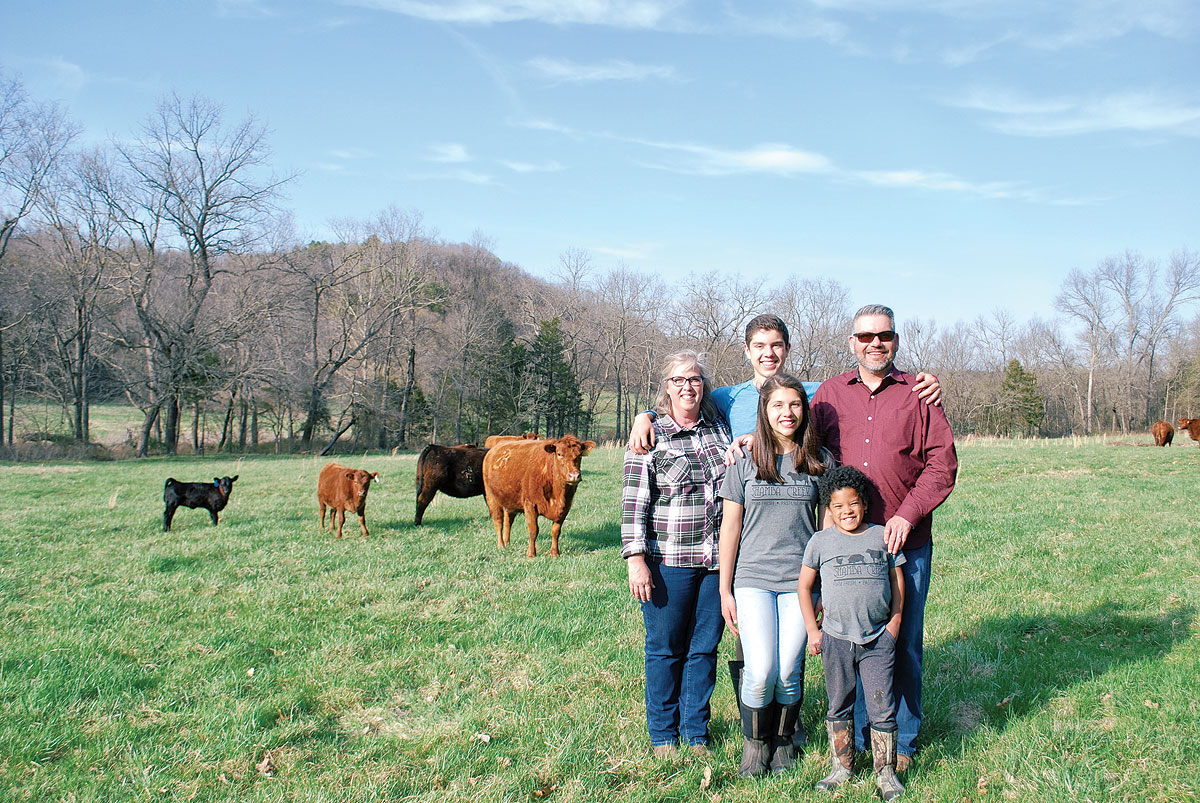
Some people know early on exactly what they are going to do, with those in agriculture sometimes staying on the same piece of dirt an entire lifetime. James Lockhart, Oklahoma State Representative of District 3, is not one of those.
He was raised amidst hundreds of chicken and beef farms near Heavener, Okla. He has pursued opportunity and passion wherever it led him.
“I got a fortune cookie one time that said, ‘May you lead an interesting life.’ I think that describes me well,” he said.
James’ career life started with U.S. Department of Agriculture as a wildlife specialist and branched into energy.
During the aftermath of 9/11, James worked in New York protecting the remains of the victims from scavenging birds and rodents, and later monitored wildlife for disease outbreaks threatening domestic livestock and for biological weapons attacks.
“I’m a guy who went from trapping beavers and coyotes to politics,” James said. “Excessive political patronage prevented me from getting a job near home and I wanted to see if I could do something about that.”
James, therefore, moved back to Heavener, serving in the Oklahoma legislature for the last six years. With his wife Carrie, he bought a drought devastated and neglected farm in 2011 to provide their children an agricultural lifestyle. James categorizes himself as an old school, rural, conservative Democrat. While not as successful as he hoped in battling political patronage, he did make strides in improving regulations on state ran nursing homes and veteran facilities, protecting natural resources in southeast Oklahoma and bringing much needed road funding to his area.
Carrie has a biotech degree graduate from Oklahoma State University and teaches food safety/ meat science at Eastern Oklahoma State College, also caring for the farm while James is in session from February until May. Because this proved to be more difficult than anticipated, James is now off on a new career adventure and working toward certification in nursing home administration while finishing his tenure as a State Representative.
James is determined to return the farm to good condition in spite of being hit by a tornado two weeks after purchasing it.
“I was taught in college how to make a 3-foot-by-3-foot grid to determine pasture composition,” he said. “We’re getting better with 60 percent grass and only 40 percent weeds but still have a long way to go.”
In 2015, James sold all his cows and tractor and then bought back black Brangus and red Angus cows, as well as two Hereford bulls. The goals are to produce Super Black Baldies with Hereford/Angus crosses and to find the best three way cross for hybrid vigor. He currently has 30 cows with a goal of 50 mommas after the land has recovered.
James also has one Jersey cow, an important part of his management system. She helped save several calves last year, some he bought as orphans.
James competed in calf roping and found retaining the best growing roping heifers generally produces highly efficient mommas.
“The greater efficiency (feed to weight) is real and well documented though the exact reason is open to debate,” James said.
In the past, James used a projected birthing date of May 31 to accommodate his political career, but is now looking toward April 1 for easier calving during cooler weather. James weans calves at 6 months and works them by vaccinating, worming and castrating.
“I have found that worming the calves at least twice adds to the weaning weights, it definitely pays to worm calves,” he said.
James said his heifers typically sell well each year.
“While Super Black Baldie steers do not sell as well as the heifers, those replacement heifers more than compensate for the price difference. Our area is simply too hot for purebred Angus.”
James believes Super Black Baldie mothers are more disease and heat resistant, as well as protective and able to produce a good milk supply for their calves.
The Lockharts also have 20 Boer goats, most of which are registered, producing show does. Carrie and daughter Hope are looking into AI and embryo transfers using the highly sought after bloodlines and the possibility of purchasing sexed semen.
Right now James and Carrie are involved in raising their children and developing their farm. However, James readily admits to being open to change 20 or 30 years down the road.
“Wyoming is beautiful, and I just might live there someday,” James said. “The wildlife biologist in me wants to explore and observe.”







